
Commissioning: The Why, What and How of a Ministry Milestone
Commissionings look different from church to church, but all serve a common purpose: setting apart members of a congregation for cross-cultural service. Like other ceremonies within the church, such as baptisms and weddings, a commissioning service symbolizes something bigger: It commemorates what the Holy Spirit has been doing in the life of a local body of Christ. As it marks an important milestone for a new cross-cultural worker, a commissioning recognizes the role of the local church in equipping and supporting those who are sent.
The Why
A commissioning service follows the example set in Acts 13, in which the church in Antioch sent out two of its members to share the gospel:
“While they were worshiping the Lord and fasting, the Holy Spirit said, 'Set apart for me Barnabas and Saul for the work to which I have called them.' Then after fasting and praying they laid their hands on them and sent them off." (Acts 13:2-3)
This model demonstrates that local bodies of Christ—not organizations like Christar—are the entities that send cross-cultural workers. Sending is an ongoing, multifaceted responsibility that begins long before a worker is sent and continues through his or her cross-cultural service. While a commissioning is a single point in time, it recognizes the scope of this vital role and reminds both the worker and the congregation that the church stands behind those it sends.
A commissioning service provides a prime opportunity for churches to help their members better understand their roles in the Great Commission and encourage them to participate. When a church sends a cross-cultural worker, it puts the people group that worker is seeking to reach on church members’ radars, helping them become more aware of needs among those people and the challenges in sharing the gospel.
A commissioning service also enables church members who aren’t acquainted with the new workers to meet them and experience their passion for seeing people around the world come to know Jesus. It puts names and faces to “global partners” and helps the congregation become more invested and involved in cross-cultural workers’ ministries through prayer, giving and offering encouragement and practical support.
The What
Though formats can vary, commission services center around affirming God’s leading in workers’ lives and formally committing to come alongside them in ministry. Key elements often include:
- A charge to the worker
- A charge to the congregation
- Prayer for worker and the church
Many churches also find it helpful to include a brief message about the biblical foundation for missions and for sending cross-cultural workers from the local body of believers. In addition, many give the workers being sent an opportunity to share how God has led them to serve cross-culturally.
Though it’s typically a joyful occasion, a commissioning service may also be tinged with sadness as a congregation grieves the impending loss of a beloved member in the everyday life of the body. Recognizing this sacrifice can reinforce to those who attend the great worth of the gospel as members hold in tension grief and joyful anticipation of what God will do through the one who is sent.
The Where and How
Just as there is no one set program for a commissioning service, formats and settings also vary from congregation to congregation. Some churches hold commissionings as part of a Sunday morning service, others dedicate an evening service to commissioning and still others use a Sunday school hour or midweek prayer time.
A few things to consider:
- Especially for workers being sent to areas with restrictions on Christian ministry, think through the security implications and talk with workers about any concerns they have. If your church livestreams its services or records and posts them online, consider turning the camera off during the commissioning or holding it at a gathering that’s not recorded, such as a congregational meeting.
- If your church has multiple campuses, consider how to involve members from each location; for example, include brief video messages from pastors at each campus.
- Often, new workers’ family members and friends attend to commemorate this milestone with them. Think about how to welcome visitors well.
- Consider including a time of fellowship and refreshments after the service to give members of the congregation time to interact with those who are being sent.
At Christar, we’re blessed to partner with churches that send workers to serve in least-reached communities. As part of our desire to support these sending churches well, Christar makes every effort to send a representative to every commissioning of a Christar worker. As we celebrate with each sending church, this gesture conveys our recognition of the importance of this milestone as well as sets the stage for ongoing Great Commission partnership.
We’d love to come alongside your church as you send workers to the least-reached! Click here to get in touch with our Church Partnership team.
Scripture quotations are from The ESV® Bible (The Holy Bible, English Standard Version®), © 2001 by Crossway, a publishing ministry of Good News Publishers. Used by permission. All rights reserved.









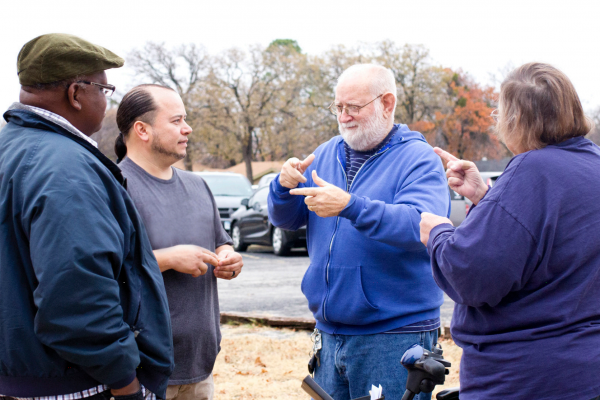




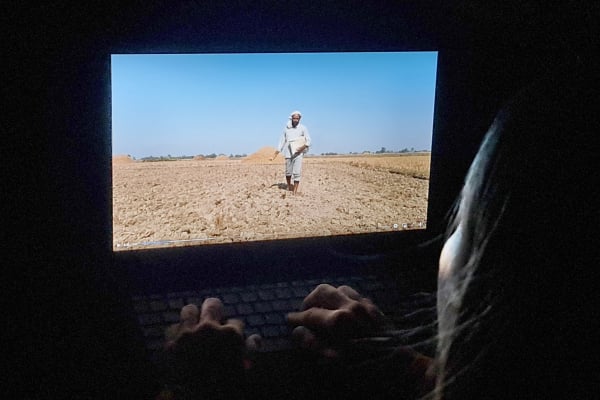



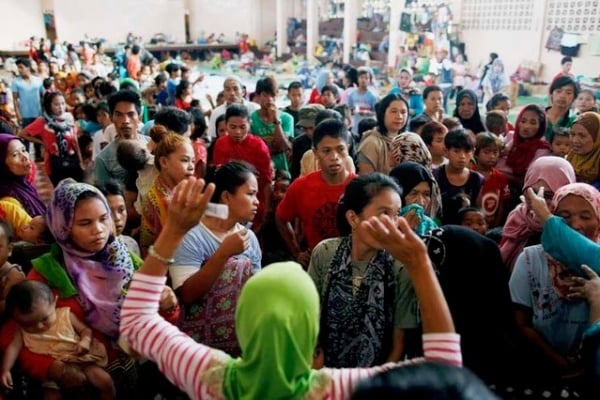



























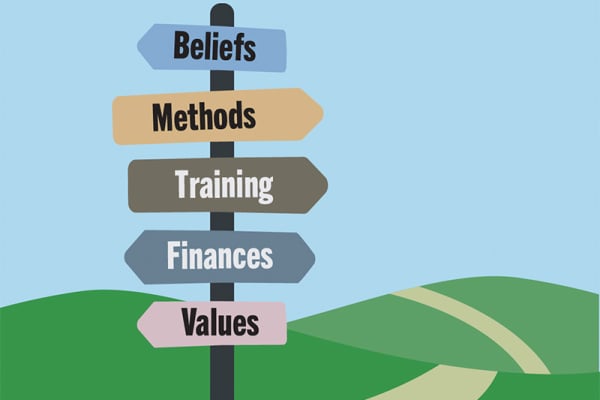








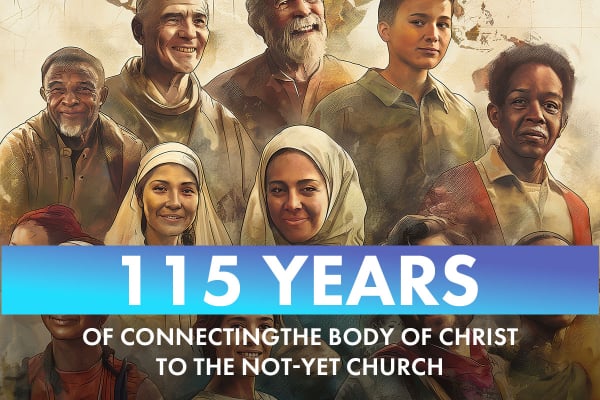
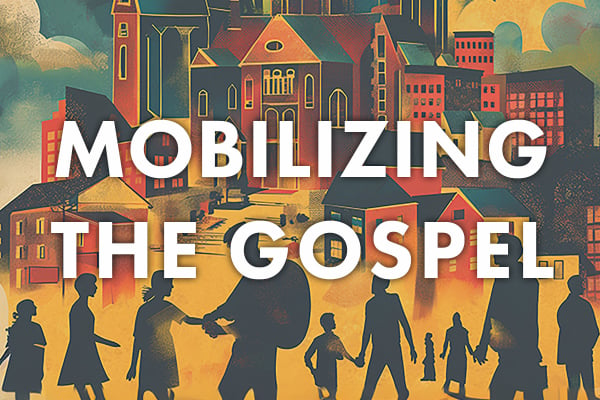

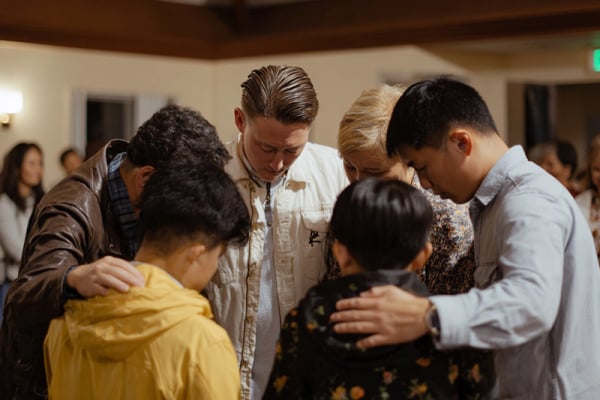
_1654032461_600x400.jpg)


